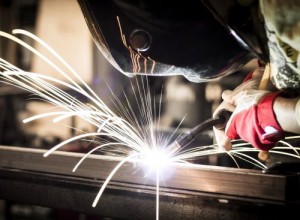EGM called by Northern Society of Chartered Accountants
19 September 2023
Notice is given that the...
The Business, Innovation and Skills (BIS) Committee has recently launched an inquiry looking at the Northern Powerhouse and Midlands Engine, focussing on whether the Government’s devolved arrangements can deliver improved economic growth and if these models could be adopted by other regions.
 Iain Wright MP, Chair of the BIS Committee said:
Iain Wright MP, Chair of the BIS Committee said:
‘Can the Northern Powerhouse and the Midlands Engine deliver business and enterprise growth with economic benefits for their communities? What do these two slogans mean in practice for attracting investment, improving skills, encouraging growth for businesses and creating wealth in the North and the Midlands?
We’re determined to explore the nuts and bolts of these initiatives, looking at what is being delivered now and planned for the future; and whether businesses are being effectively engaged in the devolution process. There’s been a lot of talk about the billions of economic growth that these models could yield. How realistic is this? Does the rhetoric match the reality on the ground for businesses?
We want to bring a close eye to the Northern Powerhouse and the Midlands Engine to ensure that these potentially transformative policies deliver concrete benefits for business and see whether lessons from these two areas could be used in other regions’.
The Committee’s inquiry will focus on the Northern Powerhouse and Midlands Engine and examine if the models for devolved decision-making and co-operation on areas such as skills, science, innovation, and R&D are delivering economic growth and whether they should be adopted in other regions.
The inquiry is looking at the following:
We are seeking to collate member views on these questions and submit them to the inquiry by the deadline of early May. Please let us have your views by email to [email protected] by no later than 22 April 2016.
Melanie Christie
[email protected]
The Northern Society of Chartered Accountants (NorSCA) represents ICAEW members working in business and the finance profession across the North East of England, Teesside, Northern Yorkshire and Cumbria. We have been assisting businesses in the north of England and producing chartered accountants for over 130 years.
Share this article...
Tweet